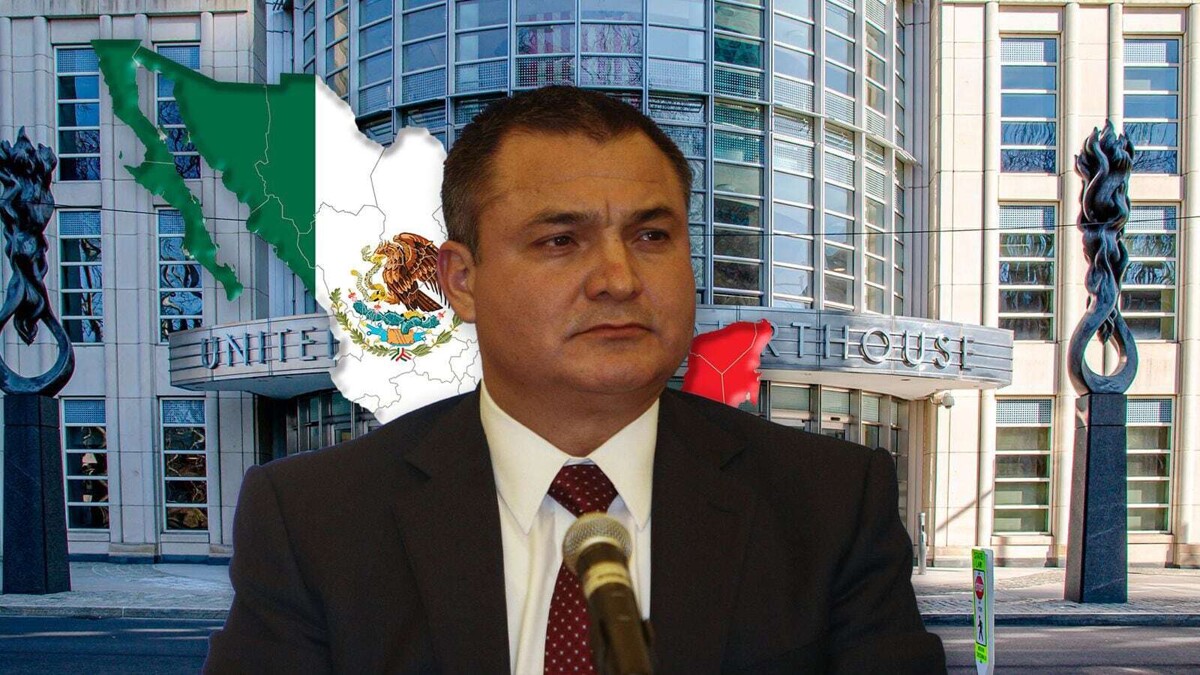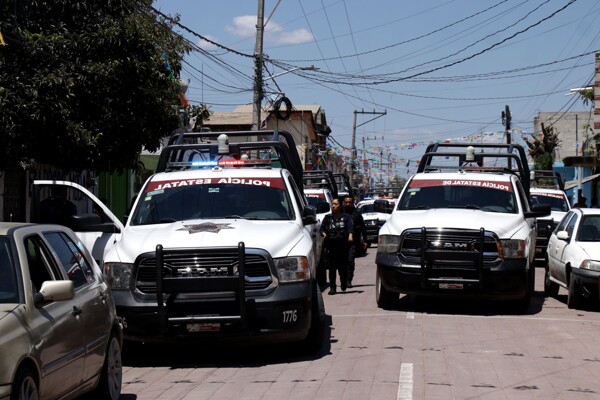
The recent conviction of Genaro García Luna by the authorities of the United States raises concerns about the implications of allowing foreign intervention in Mexico's internal affairs. What price would the country have to pay if Americans are allowed to intervene in issues of sovereignty and democracy?
García Luna's conviction in the U.S. raises questions about the possibility of washing the nation's "dirty laundry" in the future and about Mexico's autonomy and independence. Why wasn't he tried in Mexico? What implications does this have for the country? These facts show that the issue of drug trafficking has surpassed the control capacity of the Mexican government, which could indicate the consolidation of a "narco-state."
The need for judicial authorities from another country to intervene to prosecute someone who was a pillar in Mexico's security strategy is questioned, raising doubts about the effectiveness of national institutions. There is reflection on the dependence on external solutions and the need to awaken as a nation to demand our own changes to avoid falling into the dependence on foreign interventions.
Mexico's relationship with the U.S. is analyzed from a historical perspective, highlighting the need not to depend on others to solve internal problems. The hypocrisy in the fight against drug trafficking is questioned, and the state of national institutions is criticized, pointing out the deterioration of the rule of law and the necessity for greater autonomy and internal strength to avoid external interventions that could compromise the country's sovereignty.














